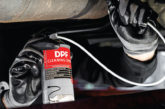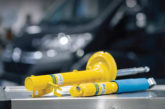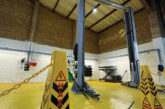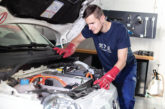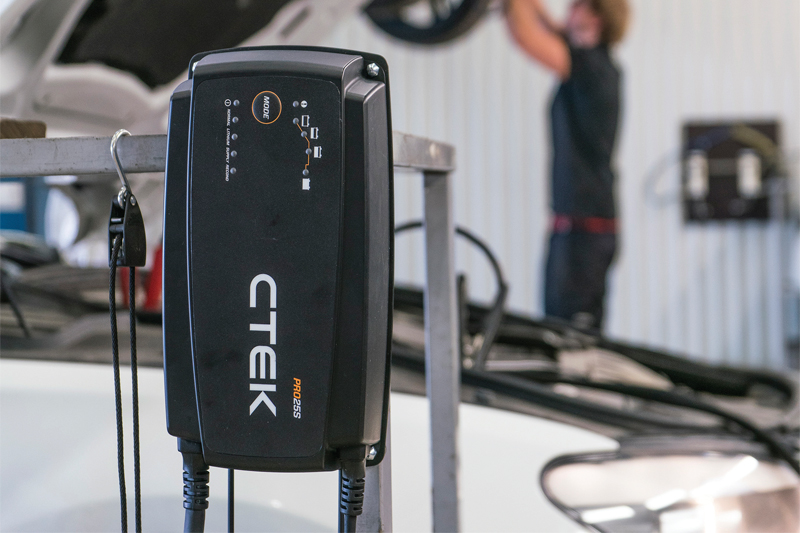
The MOT is the perfect opportunity for workshop technicians to diagnose and maintain customers’ batteries. CTEK explains how workshops can capitalise on this encounter.
Battery issues are becoming more and more common in vehicles entering an MOT test centre – a six-week workshop trial, undertaken by CTEK identified that as many as 25% of vehicles arriving in the workshop has a battery problem, with a further 32% at some risk of battery failure if action is not taken to maintain the condition of the battery.
The increase in the number of vehicles entering the MOT test centre with a battery that needs replacing or charging/conditioning, presents additional revenue opportunities. Oil and other fluid levels, tyre pressures and brake condition are all checked and monitored during a standard MOT and with the help of CTEK’s unique technology, technicians can now check their customers’ vehicle batteries – easily, safely and without disruption to usual workshop routines. A replacement battery or recharge, both chargeable services, provides an enhanced level of customer service as well as additional revenue.
To make the most of this opportunity the modern workshop needs to be equipped with an up-to-date battery tester, ideally incorporating a printer facility and a smart battery charger. To get the most out of this set-up, follow these six steps:
- Connect the battery analyser to the battery when the vehicle arrives in the workshop and generate a printout showing battery condition
- The printout will indicate the battery’s condition: a) good condition, no action is required b) good, but in need of a recharge c) replace the battery
- Customer to be advised of the outcome as part of the review of additional work required
- If the battery requires re-charge and the customer agrees to the cost of this service, simply connect up a battery charger – with the CTEK PRO 25, for example, there is no need to disconnect the battery from the vehicle
- Complete all other required work without interruption, the vehicle battery will be charged and conditioned by the CTEK unit
- Re-test the battery to check charge and condition and print out a new reading
At the time of payment, workshops may want to use the printout from the analyser as evidence for the customer of the work carried out. The six week trial carried out by CTEK identified that workshops can earn extra income by routinely testing vehicle batteries – even testing as few as two vehicles a day:
Working days per year – 312
Total vehicles tested in a year – 624
The trial identified that:
- 11% of those tested needed a new battery – annually that means 68 batteries sold at a minimum of £50+VAT amounting to £3,400 per year
- 59% of those tested were sold a battery reconditioning service at £10 per service – annually that’s 368 services, or £3,680
By using products like the CTEK PRO Battery Tester and PRO25 battery charger, it is simple to put together a comprehensive programme. The PRO25 will ensure that a safe, fast charge is delivered to exactly meet the needs of the individual battery – it works with both lead-acid and lithium batteries too. A built-in temperature sensor will adjust the charge rate, depending on temperature, to achieve maximum charge levels. The PRO25 also has a dedicated reconditioning programme for lead-acid batteries to restore battery life (especially on AGM & EFB batteries) and recondition flat batteries.
So, with state-of-the-art equipment, some minimal training and product familiarisation, workshops will be able to create a completely new source of revenue and increase customer satisfaction whilst protecting and enhancing their business reputation.

